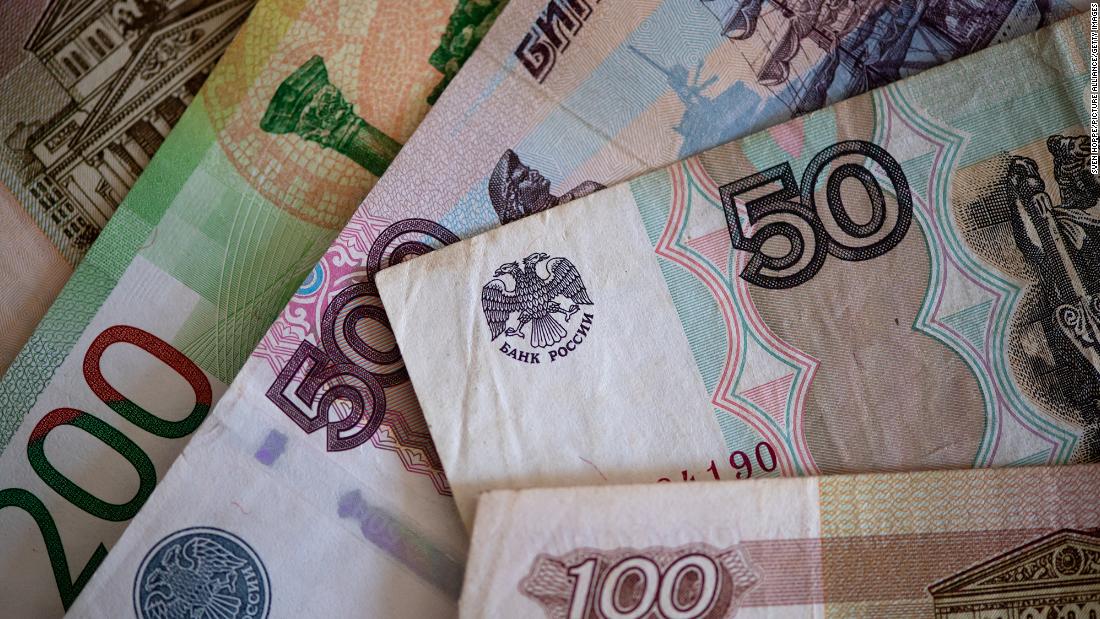
The country’s finance ministry said in a statement that it made a $565 million eurobond that was due this year, as well as an $84 million eurobond that was set to mature in 2024. Both payments were made in US dollars, the finance ministry claimed, as required by the bond’s contract stipulations.
“The payments were made in the currency of issue of the corresponding eurobonds — in US dollars,” Russia’s finance ministry said in a statement. “In this way, the obligations of servicing sovereign eurobonds are being carried out in observance of the conditions laid out in the issue documentation.”
Bond payments typically come with a 30-day grace period. For these bond payments, that grace period ends May 4, so it’s possible S&P will change its mind. S&P could not immediately be reached for comment on whether it would reverse its declaration that Russia had defaulted on its debt.
Russia has the money to pay its debts. It just can’t access about half of those funds after the West placed unprecedented sanctions on its foreign reserves, totaling about $315 billion.
But Russia has apparently found a way to pay off hundreds of millions of dollars in debt without accessing its frozen reserves. A US Treasury official said the payment must have come from a new pile of money, because it did not lift its restrictions on Russia’s sanctioned dollars, according to Reuters.
The country has since been able to scale back on its dramatic rate hikes, including another surprise rate cut Friday.
— CNN’s Clare Sebastian contributed to this report.